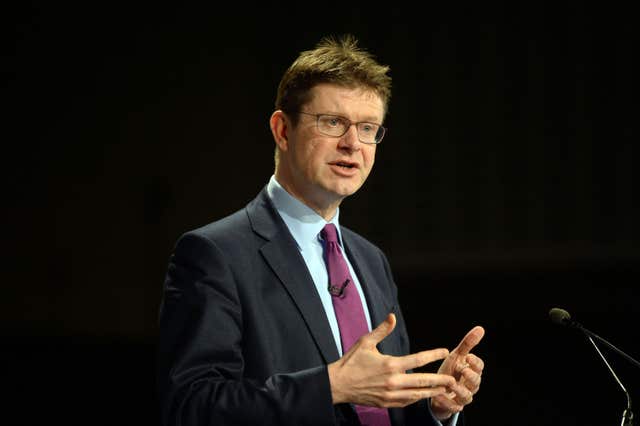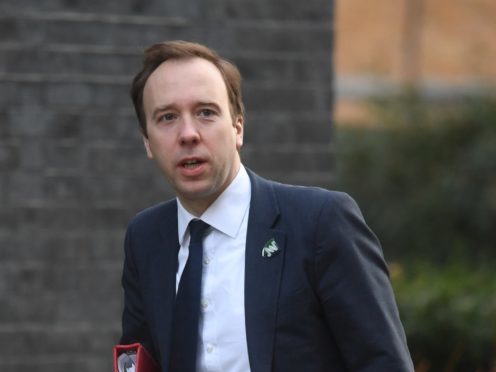More than £150 million will be jointly invested by the Government and industry to help boost cultural and creative businesses across Britain.
The funding boost is part of a creative industries sector deal, which will be announced today by digital and culture secretary Matt Hancock, business secretary Greg Clark and co-chair of the Creative Industries Council, Nicola Mendelsohn.

A new cultural development fund will also give cities and towns the chance to bid for a share of £20 million to invest in culture and creative industries.
The deal aims to double Britain’s share of the global creative immersive content market by 2025, which is expected to be worth over £30 billion by 2025.
The government is investing more than £33 million in immersive technologies such as virtual reality video games, interactive art shows and augmented reality experiences in tourism, in an effort to capitalise on an expanding market.
It will also support the UK Games Fund with an additional £1.5 million over the next two years to help young entrepreneurs and boost new product creation in the sector.
Funding will also be made designated to tackle online piracy and there will be new action to tackle copyright infringement.
Up to £2 million will be made available to boost industry-led skills, including a creative careers programme which will reach at least 2,000 schools and 600,000 pupils in two years.
A new London Screen Academy, with places for up to 1,000 students aged 16 and over, will also open in September 2019. The curriculum will include UAL Creative Diploma and A-levels.
Mr Hancock, said: “Britain’s creative industries are an economic and cultural powerhouse and this ambitious deal will make sure they continue to thrive as we build a Britain fit for the future.
“Our creative industries will help develop the talent of the future, ensure people are rightly rewarded for their creative content and give our firms the support they need to compete on the global stage. Millions of people around the world enjoy our world-class artistic and cultural output and we want Britain to stay a frontrunner in these vibrant sectors.”
Mr Clark added: “The Industrial Strategy is all about building on our existing strengths and seizing the opportunities of the future. Our creative industries have been, for centuries, world renowned and at the forefront of innovation.
“That’s why I was determined to place the creative industries at the heart of our industrial strategy.
“To boost this innovation, we put the creative industries at the heart of our ambitious industrial strategy and this joint deal is a landmark moment for our relationship with this world-leading sector.
“By working together with universities and industry, and by investing £150 million, we will unlock growth across the UK.
“The Deal is evidence of our continued commitment to our world leading creative sector, establishing a partnership that can build on the UK’s position and reputation as one the most creative places on earth.”
Ms Mendelsohn described the deal as a “breakthrough” and said it “represents a huge vote of confidence in our creative industries to continue to deliver the world class economic performance and workforce that the UK needs.”
